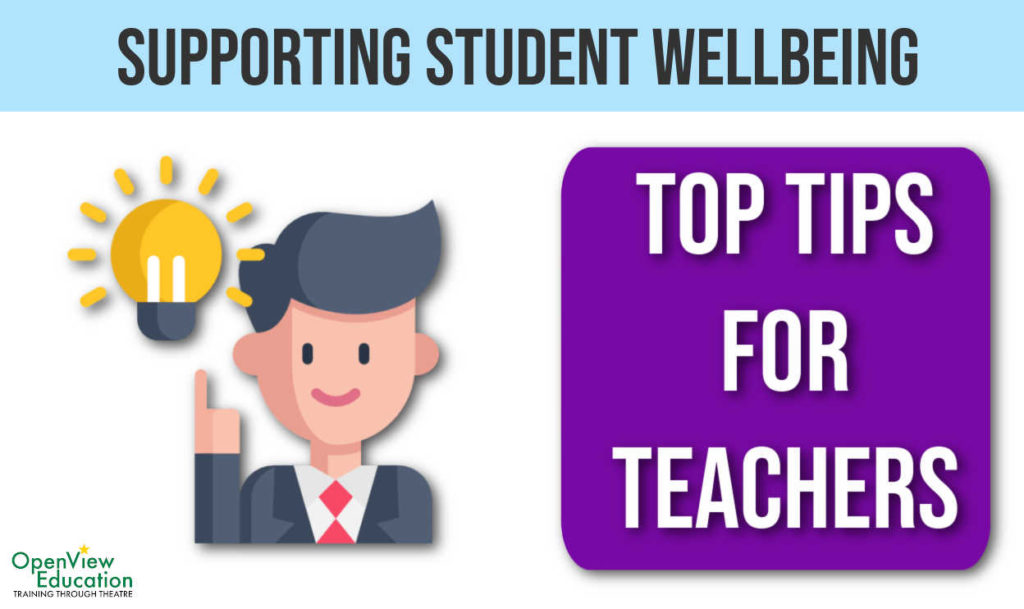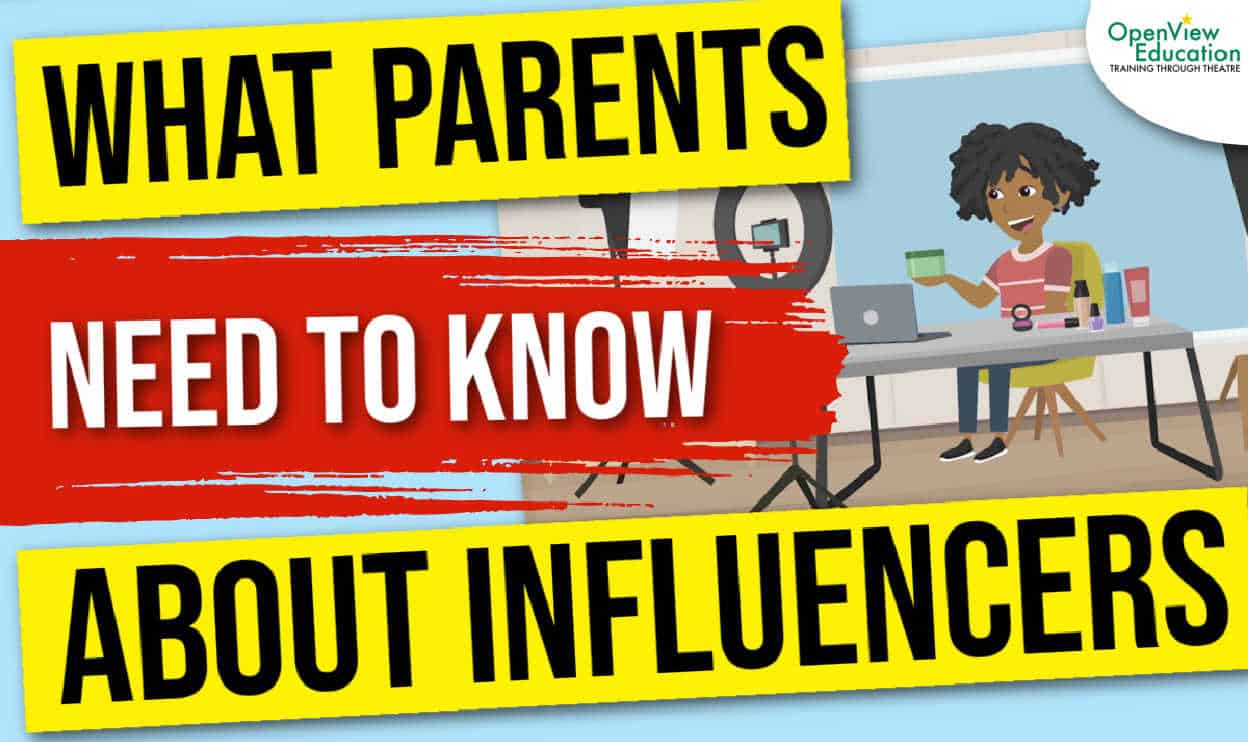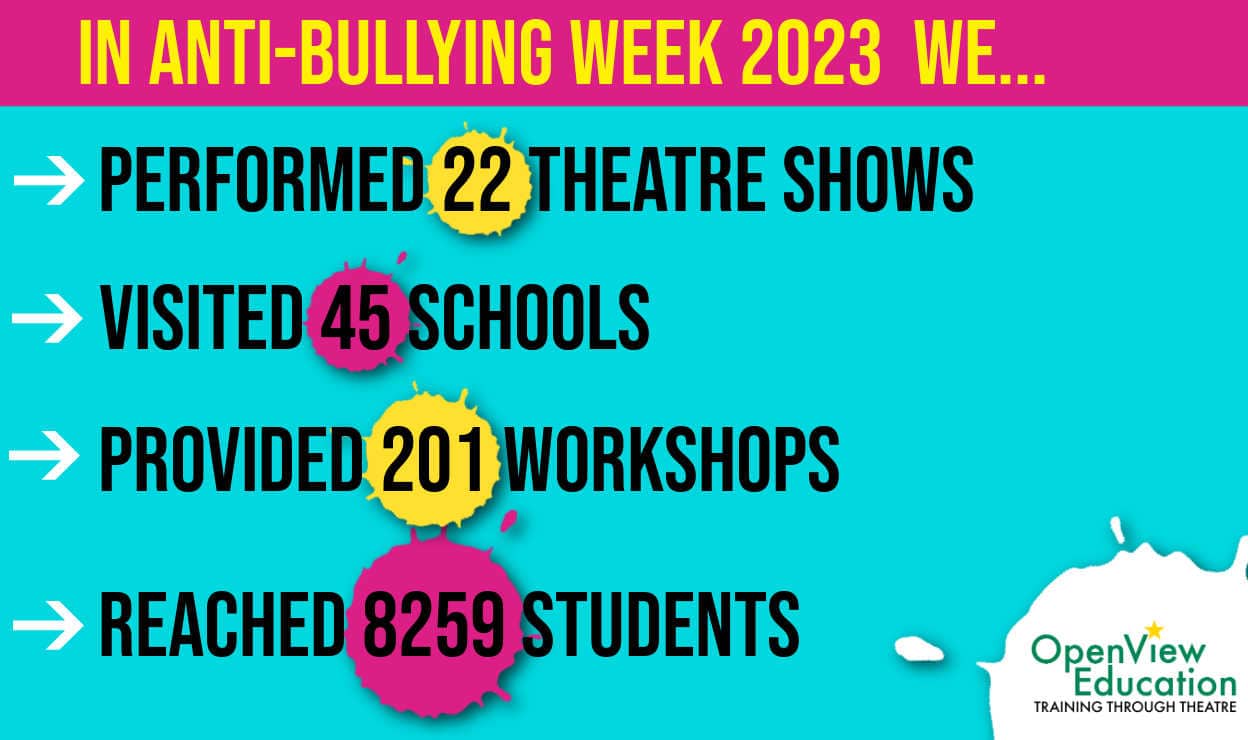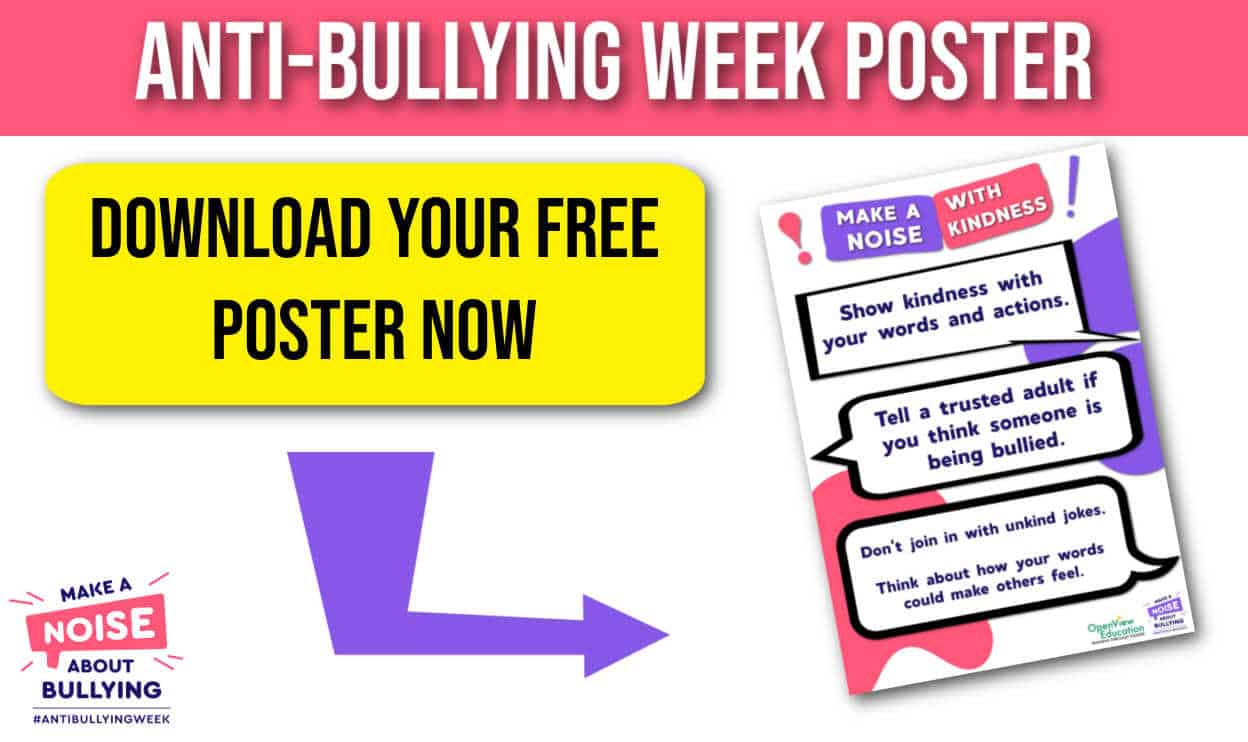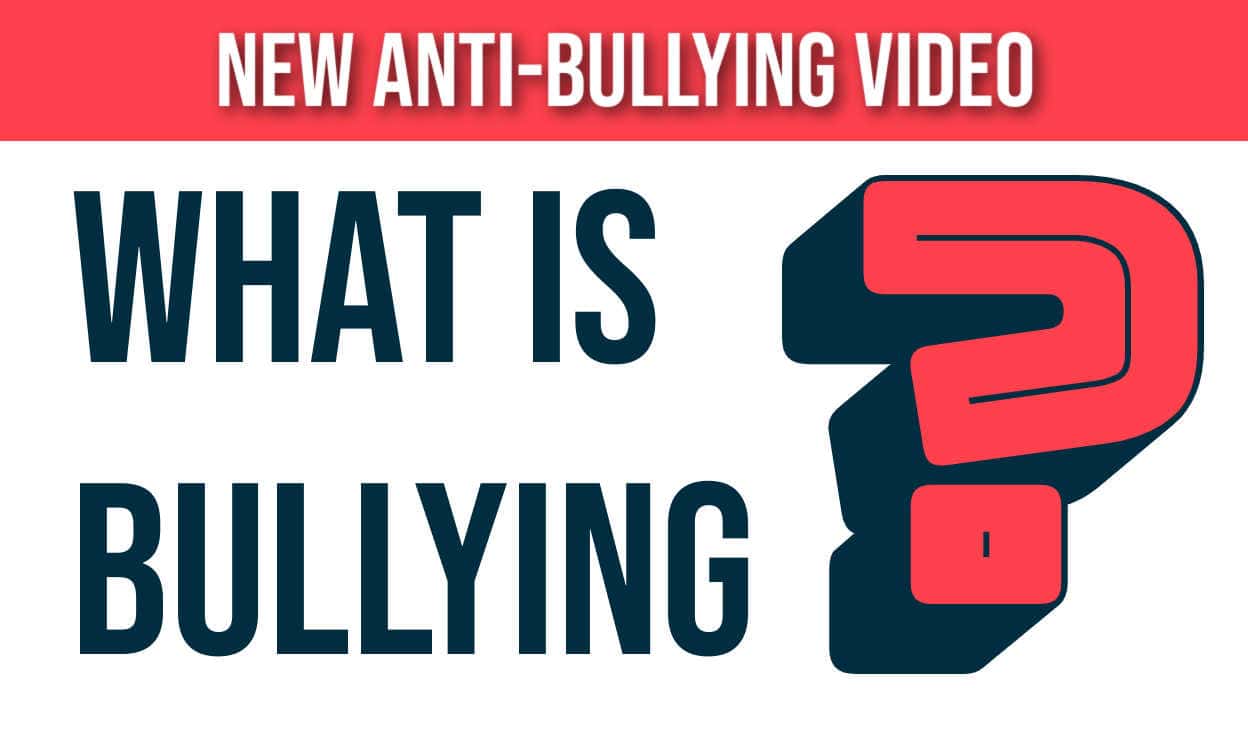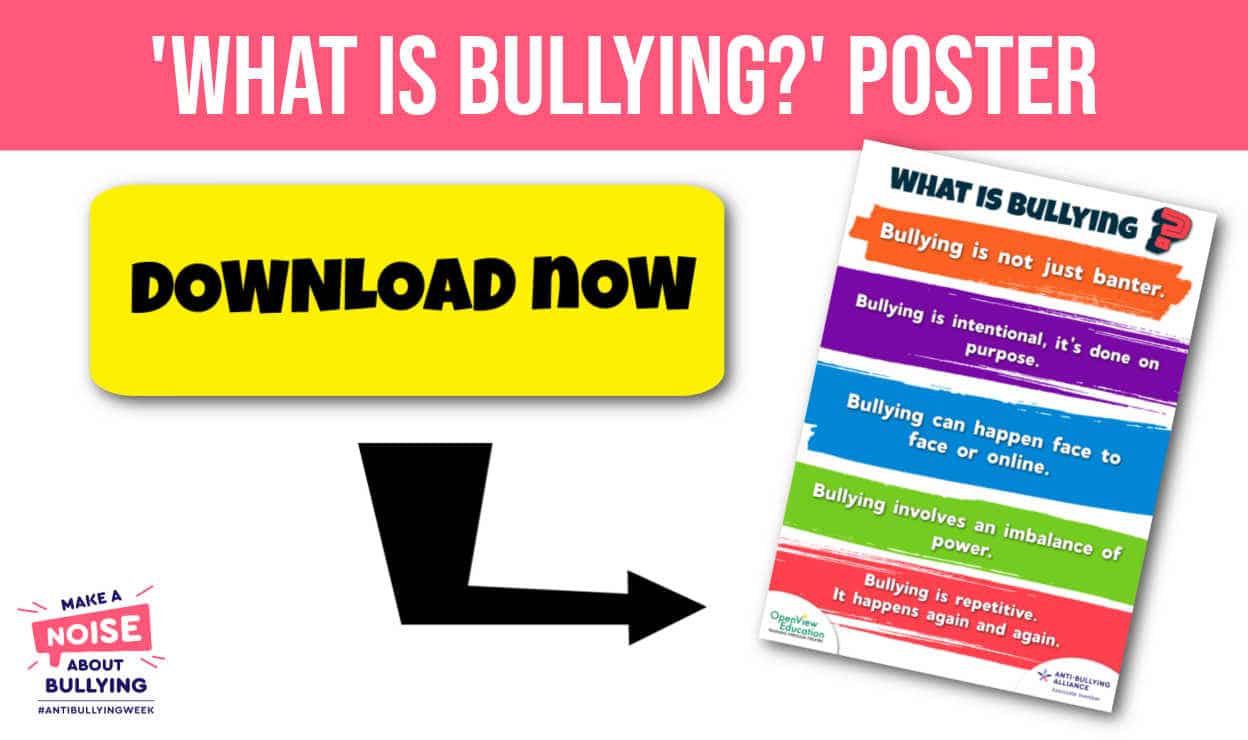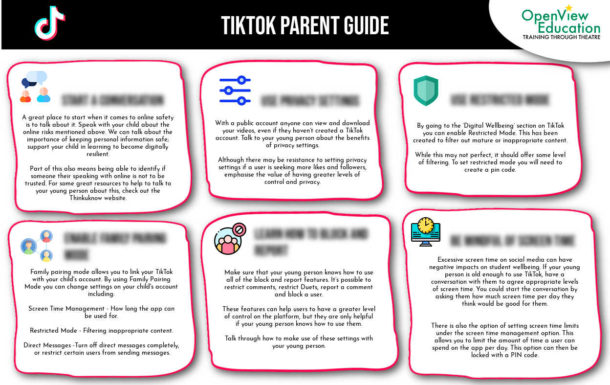As a teacher, young people will often turn to us for support. It’s important for our own wellbeing and for the wellbeing of our students that we are prepared for this, and that we have an idea of how to respond.
Here are some useful ideas to keep in mind to look after your students, and your own wellbeing.
Self Wellbeing Check-in.
Having an awareness about the needs of students, starts with developing self-awareness in relation to our own wellbeing.
When we are busy, we tend to focus on ‘getting stuff done’ or pushing forward until the end of term. When we feel rushed, or if we are in a state of overwhelm, this can prevent us from checking in with ourselves. This pervasive state of being busy can prevent us from developing self-awareness around our own mental health.
Being perpetually stressed or overwhelmed can actually prevent us from being as effective as we could be, and will get in the way of us being truly present for the people around us.
That’s why it can be a good idea to do a self check-in, to find out how our mental health is and to see if there are any areas that we may be neglecting. The first step in doing a self check-in is to take enough time to slow down and ask yourself some honest questions, and to allow yourself enough time to answer them.
To do this exercise, find some space and time where you won’t be interrupted, get a pad and a pen and write down your answers for each of these questions:
- How would I describe my overall mood?
- Has my overall mood changed at all over the last six months to a year?
- Has my level of stress and/or anxiety changed over the last year?
- What strategies do I use to manage stress or a low mood?
- Are these strategies working?
- How are things going at work, in my social relationships and with my family?
Developing an awareness about our own mental health, and the factors that impact our wellbeing is a valuable practice. Through developing self awareness, we can also increase our awareness of the needs of those around us.
Learn who your students are as individuals.
Having an understanding of each of our students as individuals can help us to know how they learn most effectively, but it can also help us to identify when a student needs further help.
Recognising students as individuals can also help you to create a supportive, respectful and inclusive classroom. This will also create a safe space for them, helping them to overcome challenges and to speak up and ask for help when they need it.
Here are some activities for getting to know your students:
One on one conferring
Depending on the age and level of your students, sitting down with your students one on one can allow them to set goals for the weeks ahead and talk about what they have been finding challenging. This is a fantastic opportunity to learn about who your students are and it shows that you are there to support and encourage them.
Circle Time
Sit in a circle and go round the room allowing each student to share one thing that happened that week that was good, and one thing they found difficult. This can be a beneficial activity to do once a week. Along with providing you with an opportunity to get to know your students, it also cultivates an atmosphere of support and respect in your classroom.
Do a Survey
At the start of the year you can ask your students to complete a short survey. This can include questions on their likes and dislikes, and their point of view.
If one of our students does speak about their worries, here are some ideas to keep in mind:
Be present and listen.
Be prepared to hear what your student has to say, and practice pro-actively listening. Having a trusted adult that is present and listening is a protective factor for young people.
Don’t promise confidentiality.
Never give students the impression that what they tell you will be kept confidential.
Be non-judgemental and patient.
If a young person is going through something difficult, they may be concerned that talking about it could upset someone. Responding in a calm, patient, non-judgemental way can reassure them that it’s ok to talk about our worries.
Know when to get support.
Depending on the nature of the young person’s difficulties and their age, you may suggest that they speak with their adults at home to access further support.
If you believe that what you have been told may indicate a safeguarding issue, or if you are concerned for the welfare of the young person in anyway, talk to someone about it straight away, such as the designated safeguarding lead at your school.
At OpenView Education our mission is to empower students to live healthy, happy, successful lives. That’s why we work with schools in supporting student wellbeing with our interactive mental health workshops, Anti-Bullying Workshops and Online Safety training for schools.
To find out more about how we can work with your school get in touch here.
